Celebrate our tenth anniversary with the biggest issue we’ve ever made. FLOOD 13 is deluxe, 252-page commemorative edition—a collectible, coffee-table-style volume in a 12″ x 12″ format—packed with dynamic graphic design, stunning photography and artwork, and dozens of amazing artists representing the past, present, and future of FLOOD’s editorial spectrum, while also looking back at key moments and events in our history. Inside, you’ll find in-depth cover stories on Gorillaz and Magdalena Bay, plus interviews with Mac DeMarco, Lord Huron, Wolf Alice, Norman Reedus, The Zombies, Nation of Language, Bootsy Collins, Fred Armisen, Jazz Is Dead, Automatic, Rocket, and many more.
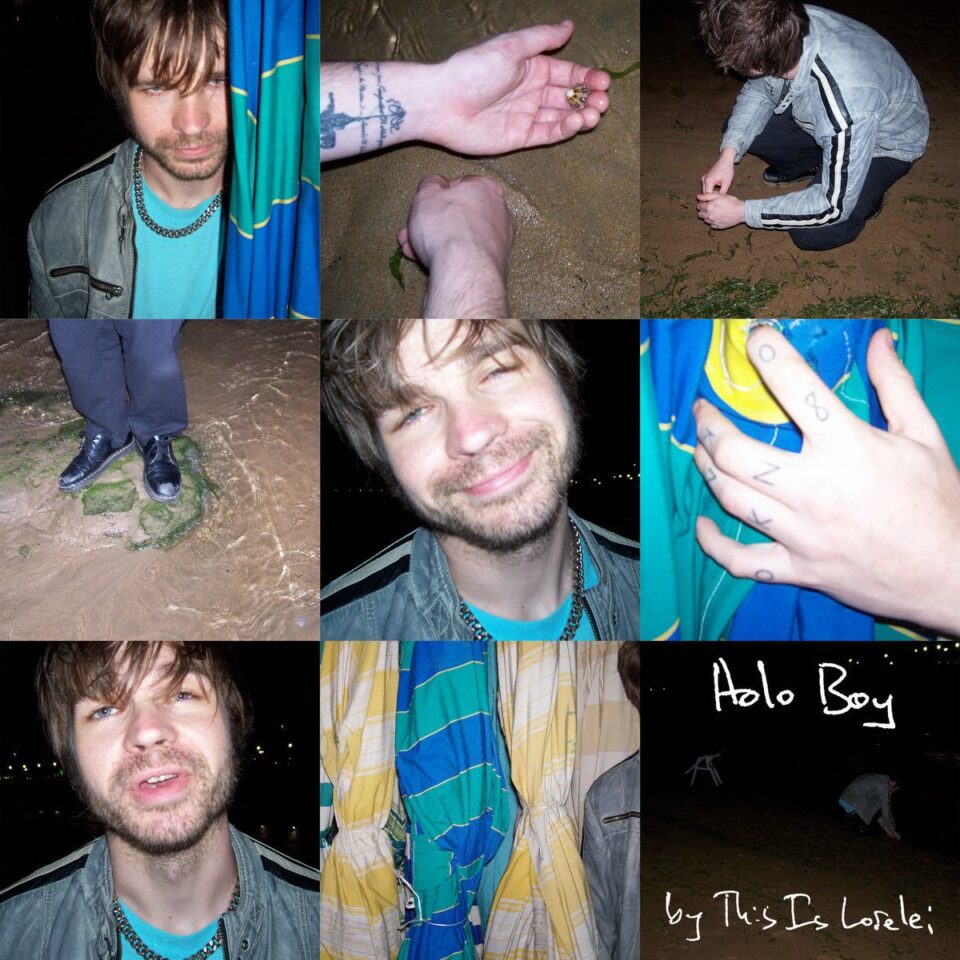
This Is Lorelei, Holo Boy
Water From Your Eyes’ Nate Amos digs into his back catalog of nearly 70 releases shared over the last 12 years, revealing his humble beginnings and the seeds of last year’s breakout LP.
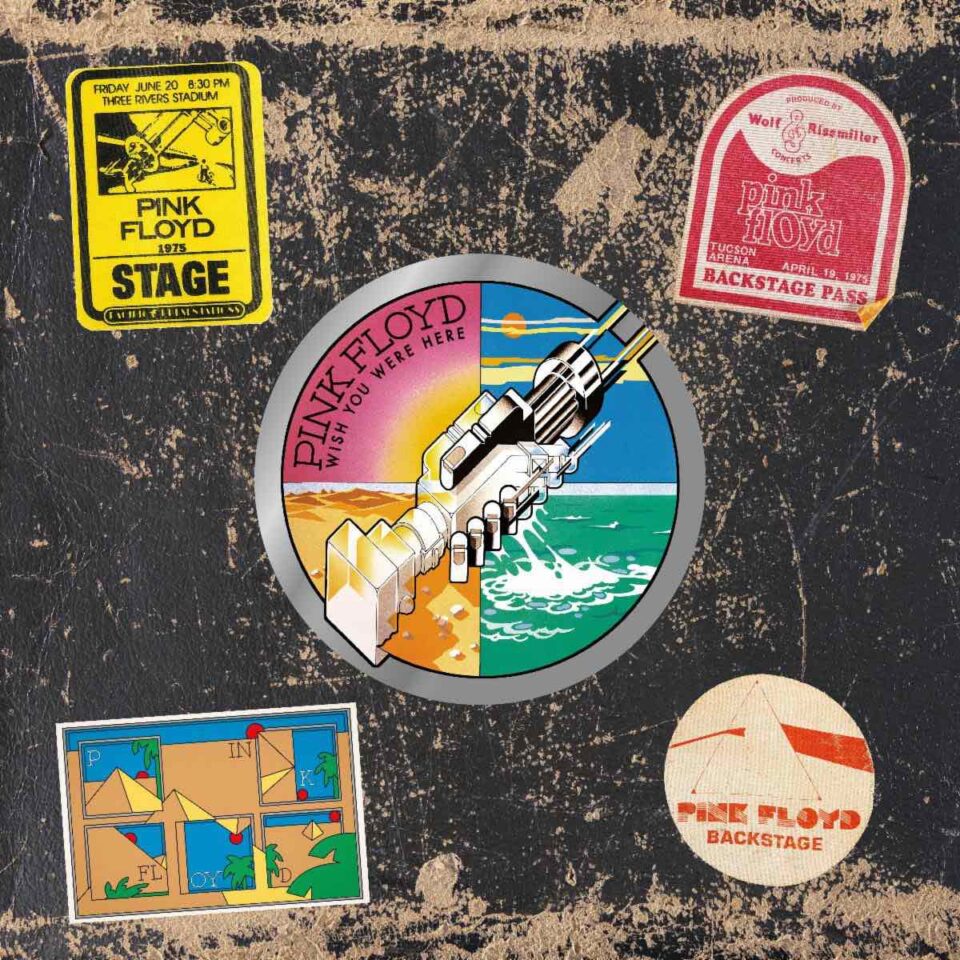
Pink Floyd, Wish You Were Here 50
This box set repackages the languid yet damaged follow-up to the band’s breakout success, with its true star being the massive-sounding bootleg of a 1975 live show at LA’s Sports Arena.
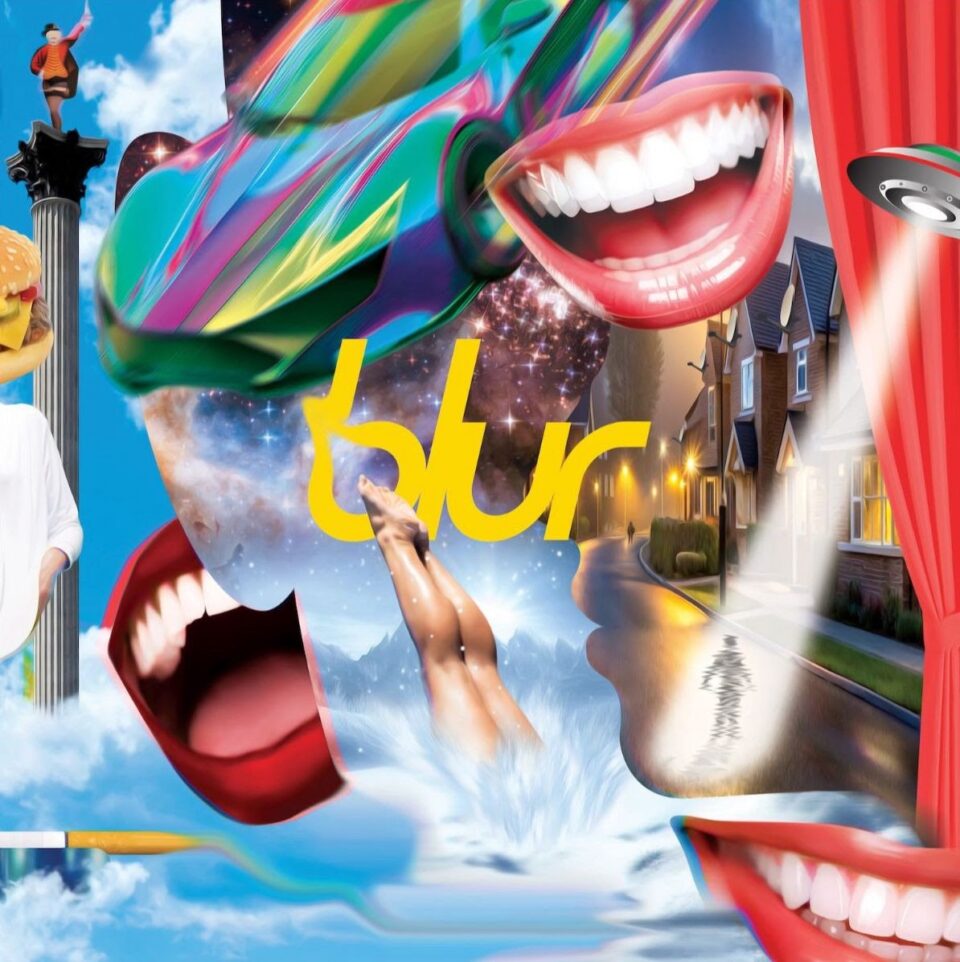
Blur, The Great Escape [30th Anniversary Edition]
Packed with era-appropriate B-sides, this release celebrates the Britpop quartet in their last gasp of opulent orchestration as they moved into lonely disillusionment and reserved distance.
Josh Hurst
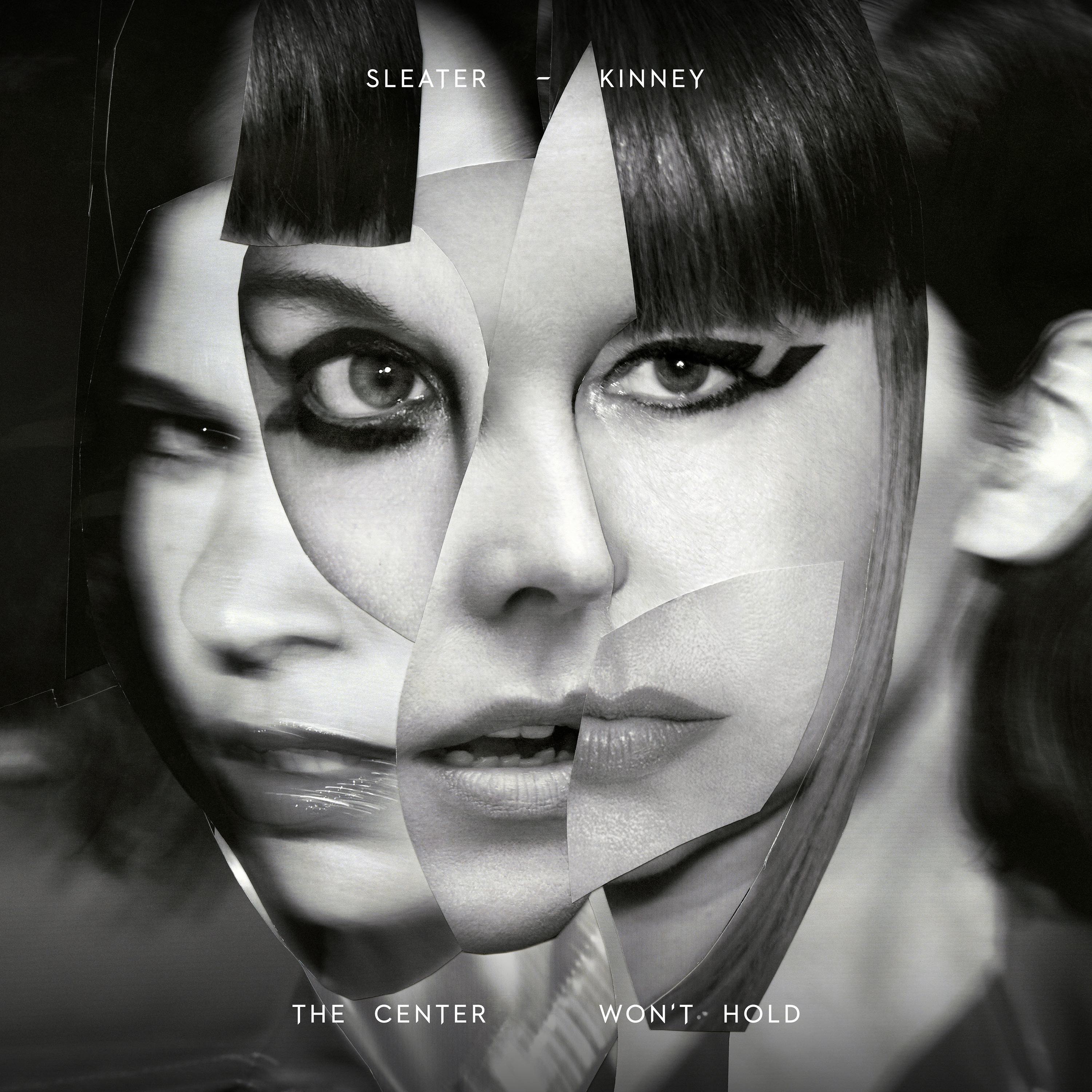
They remain faithfully yours in taut, ruthless, uncompromising rock and roll.
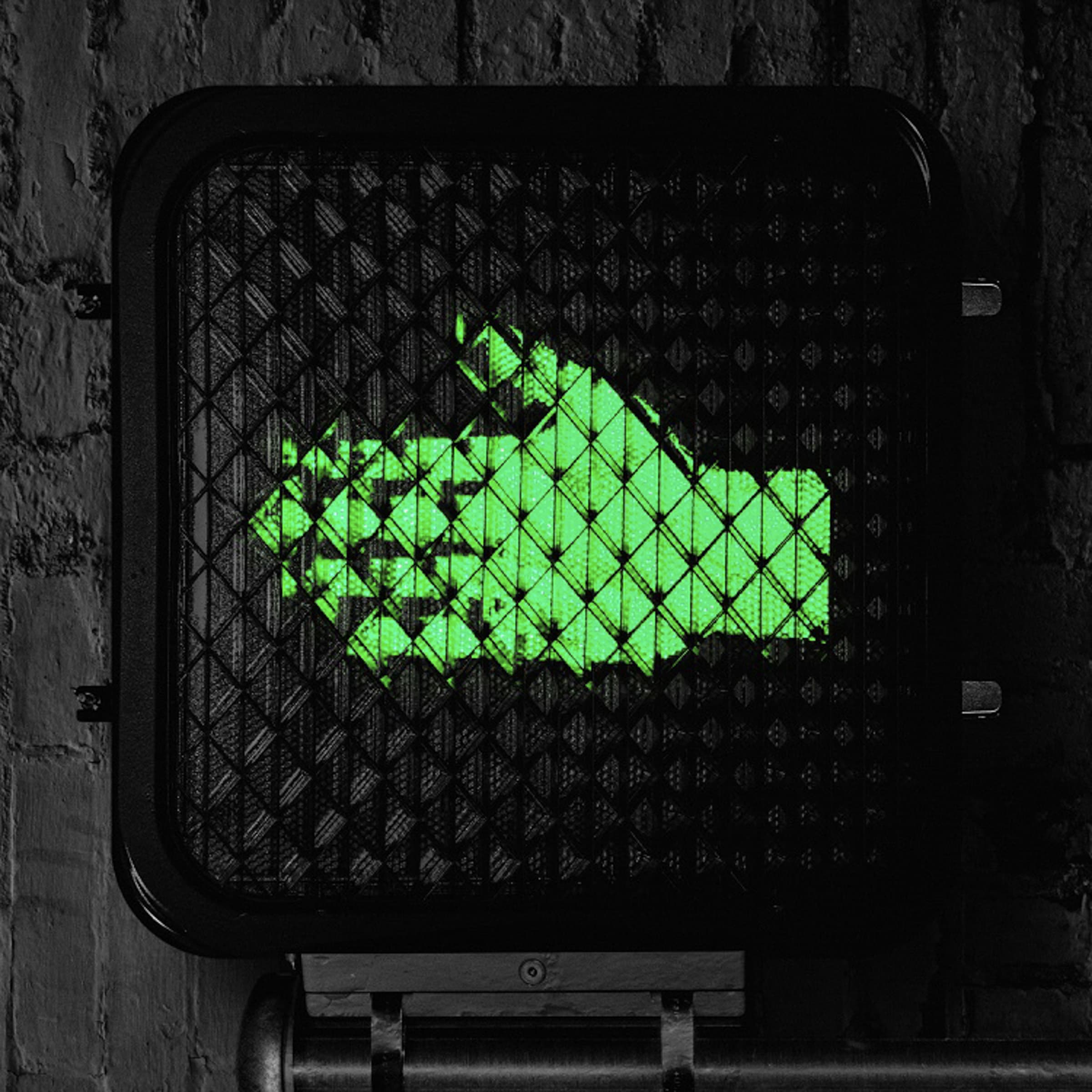
Their third album may feel almost like a tonic for those befuddled by last year’s bizarro-world “Boarding House Reach.”
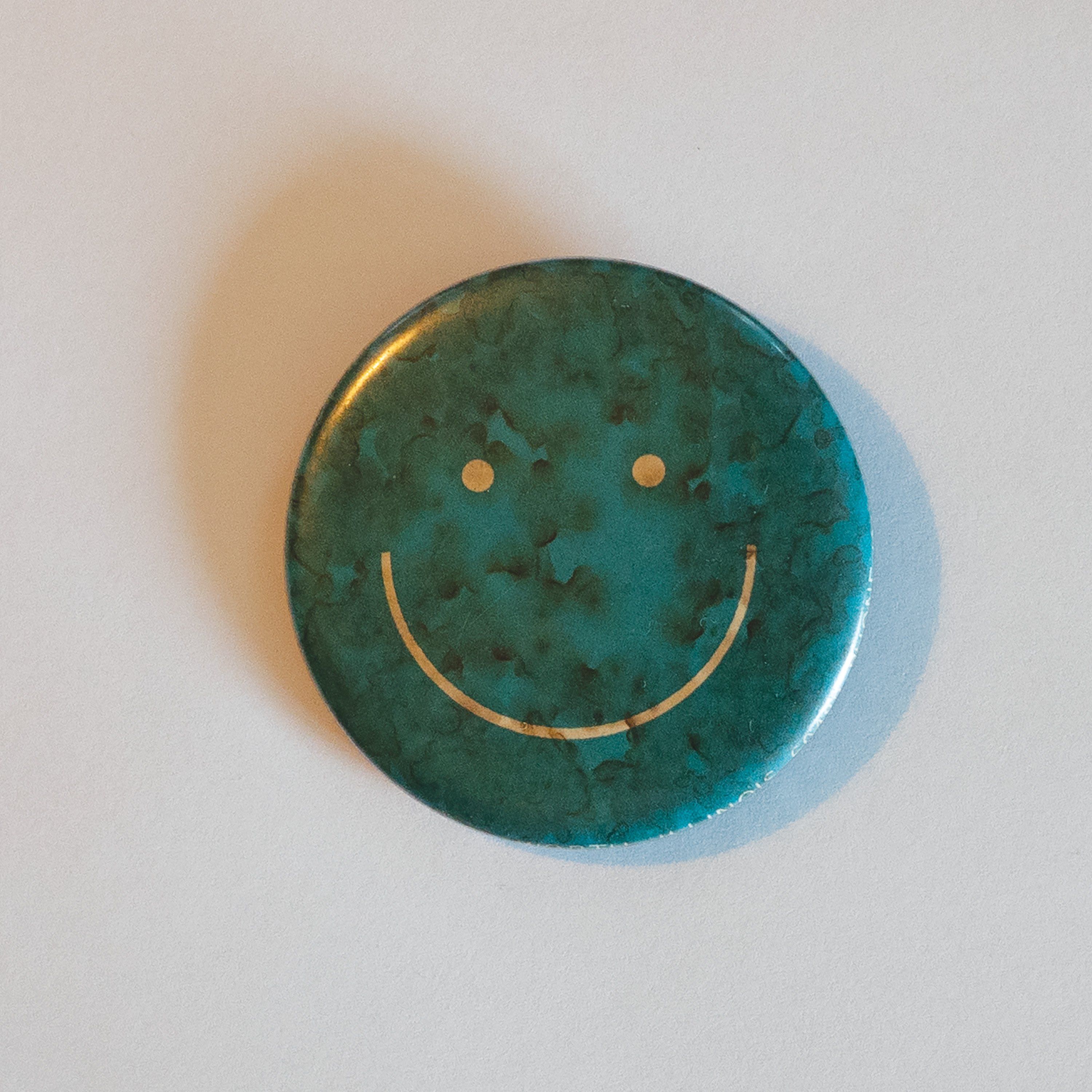
The singer-songwriter notes that he’s long been fascinated with the cowboy mythos, which captures both the freedom and the solitude of life on the great open frontier.
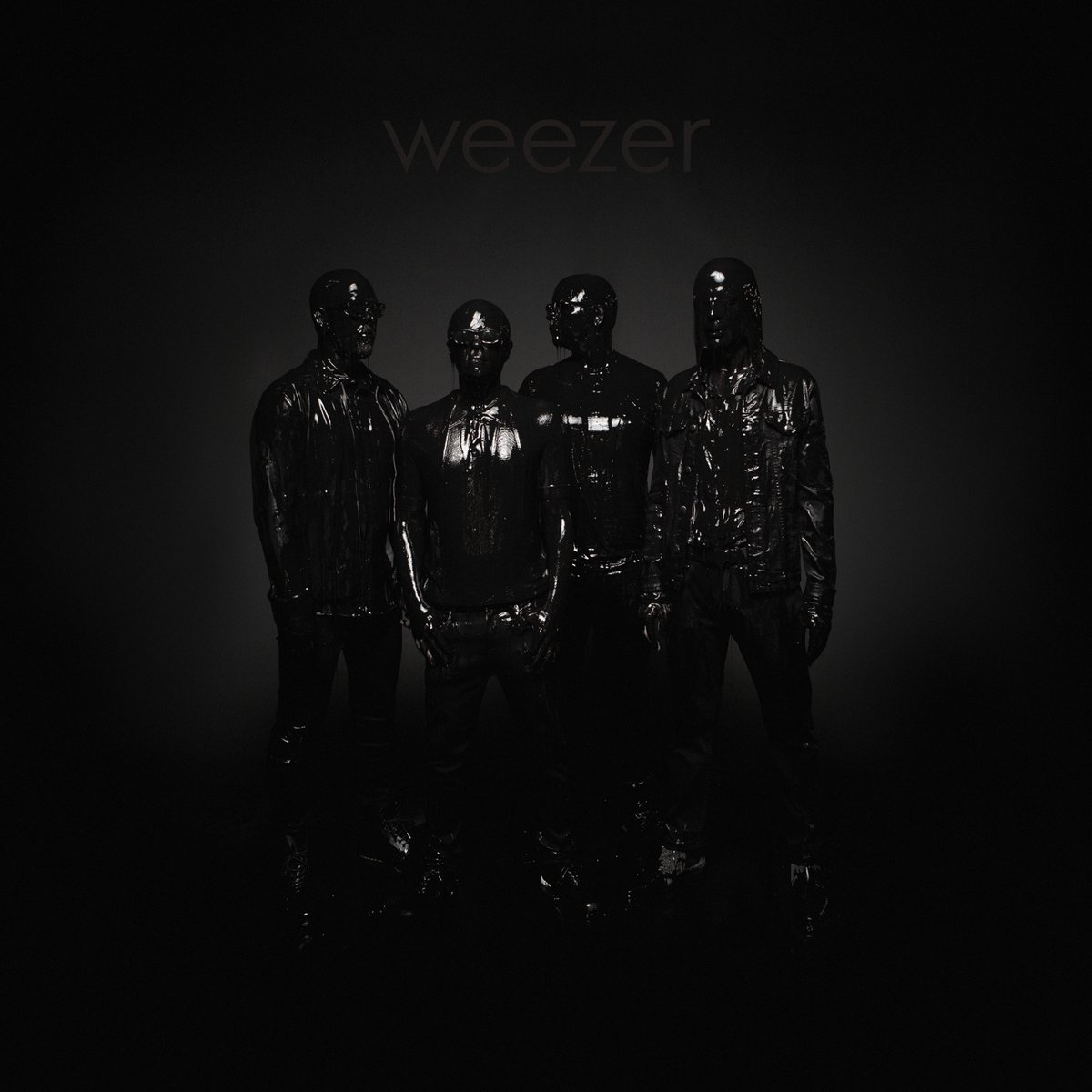
Try as he might to sound brash and nonchalant, Rivers Cuomo still comes across like the goofball nerd that he is.
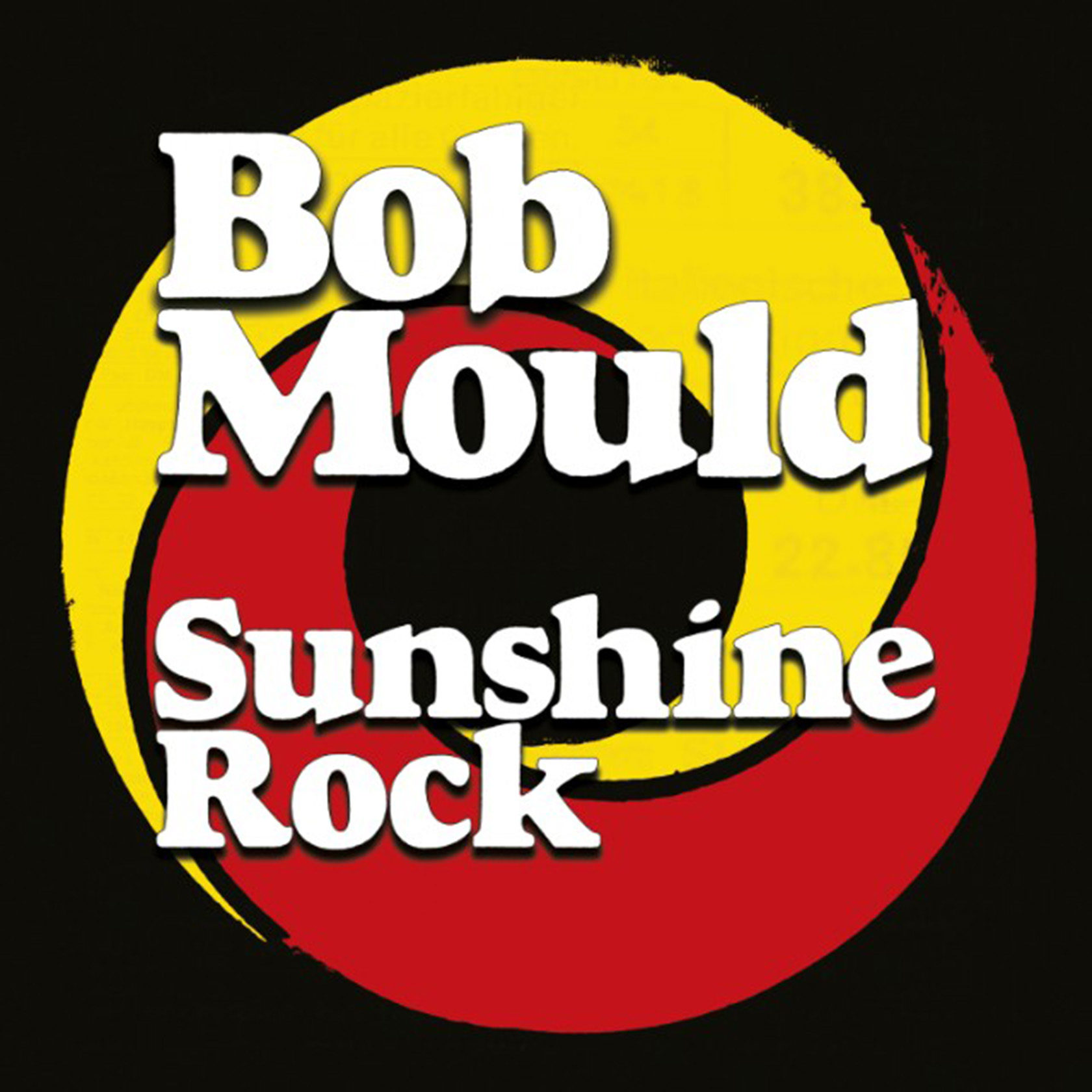
“Sunshine Rock” is bedazzled with literal bells and whistles, including an eighteen-piece string section to lend Mould’s muscular rock a sense of transcendence.
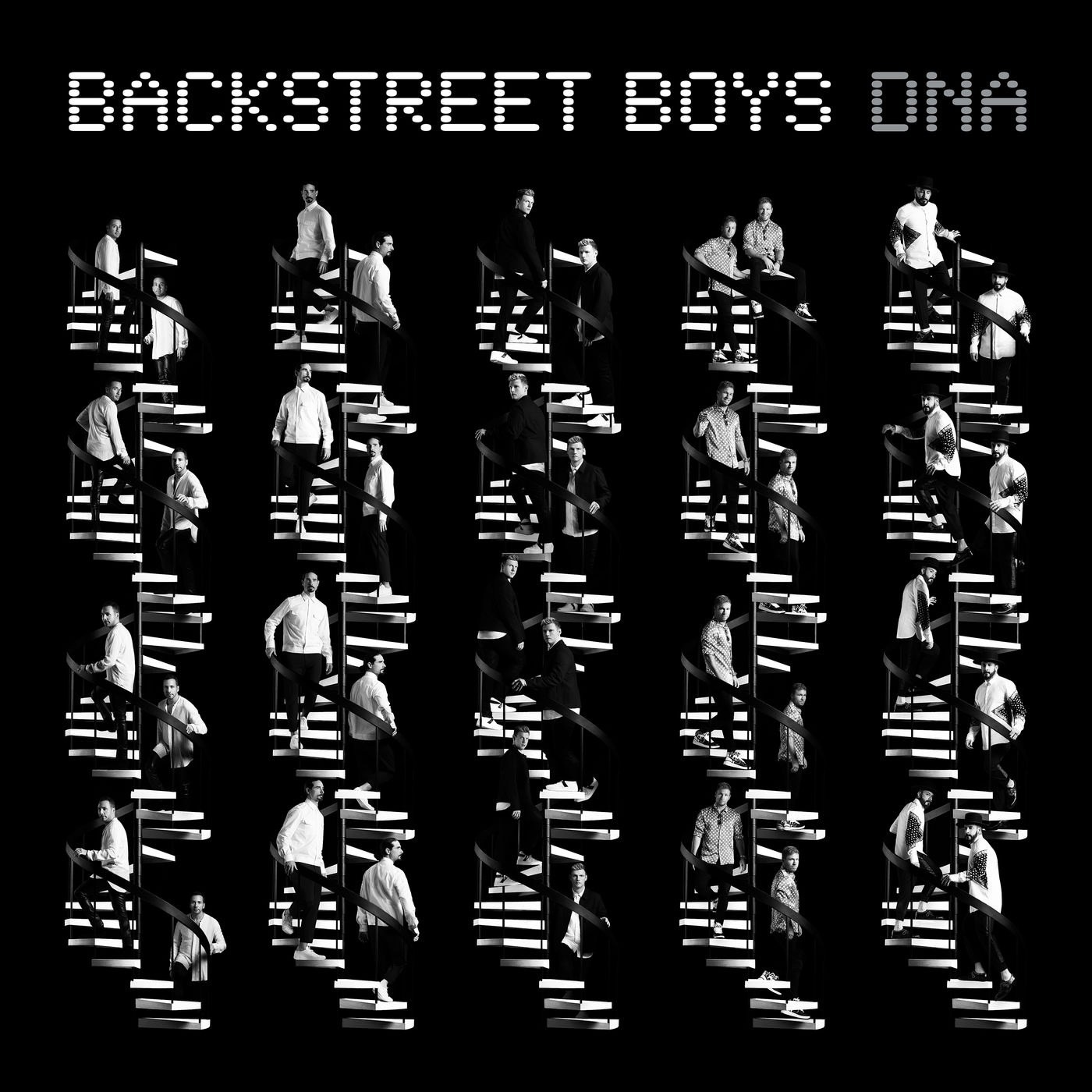
Rightly intuiting that they’d only embarrass themselves by carrying the “boy band” ethos into middle age, they long ago shifted into pure adult contemporary.
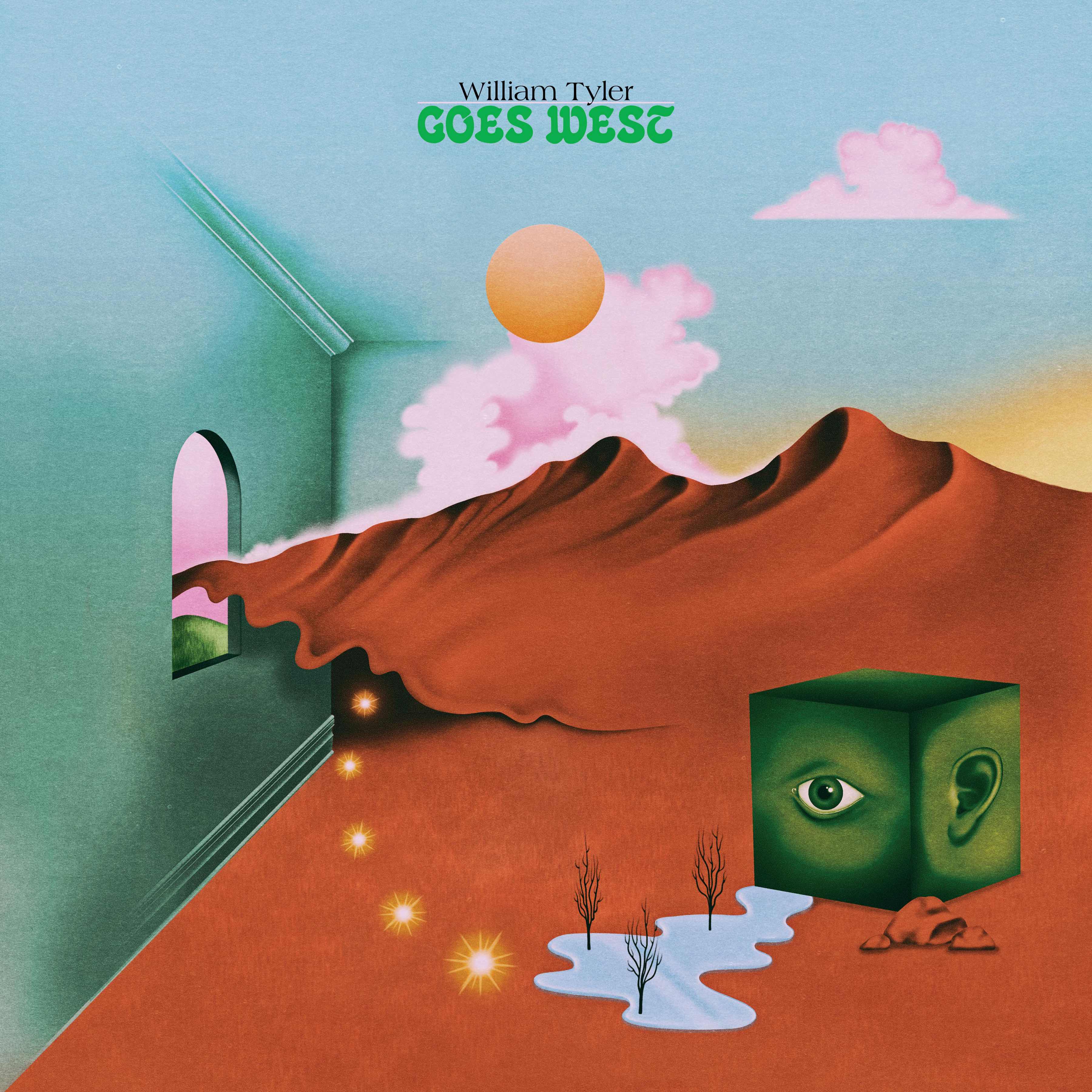
“Goes West” summons all the majesty and loneliness of Tyler’s other work, but condenses it into his tightest, punchiest, and most palatable set of songs yet.
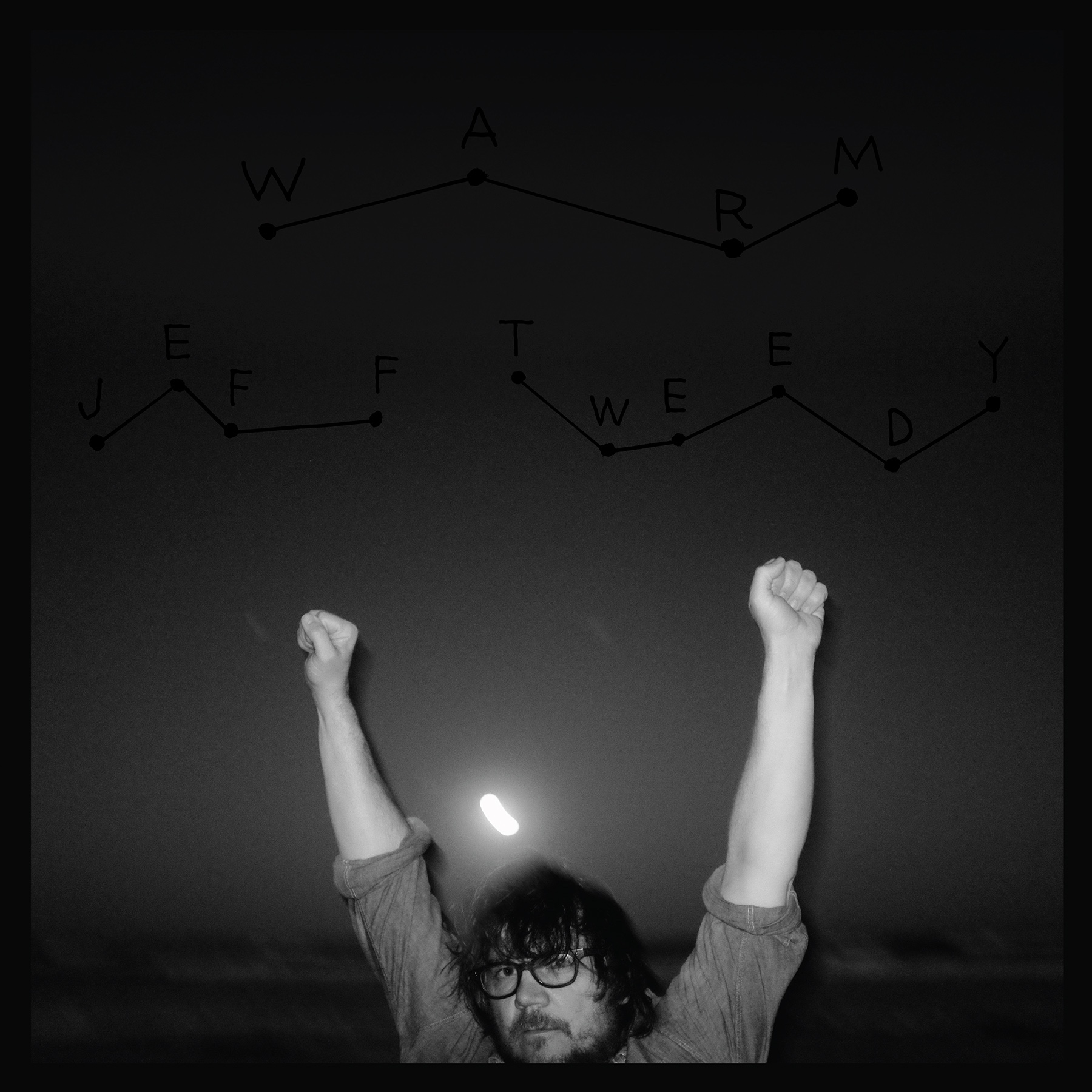
It’s not an album about what Tweedy has been through so much as an album about what we’ve all been through—a weathered yet buoyant reflection on shared trauma.
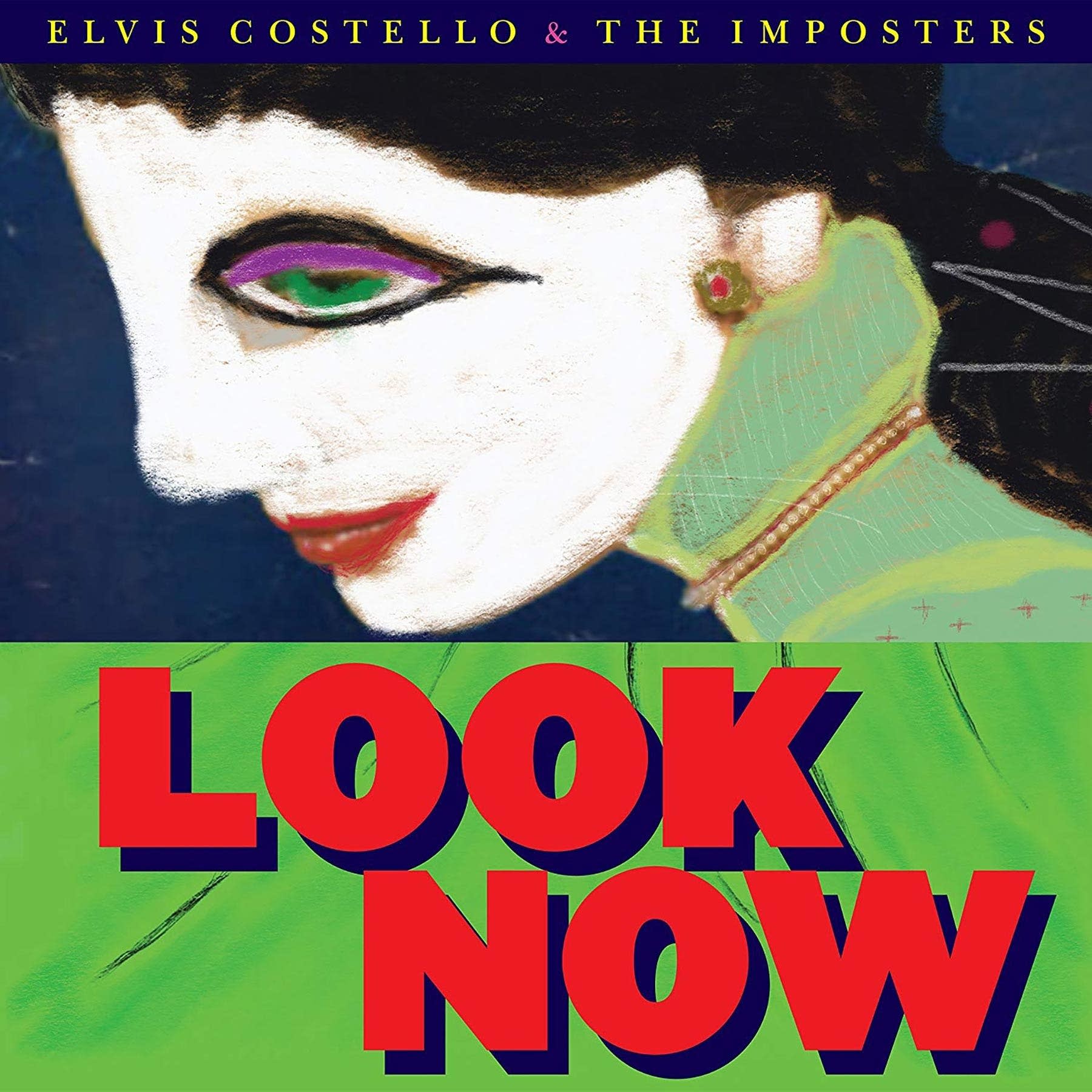
Even if it’s pitched as a continuation of earlier works, “Look Now” never feels like a rehash.
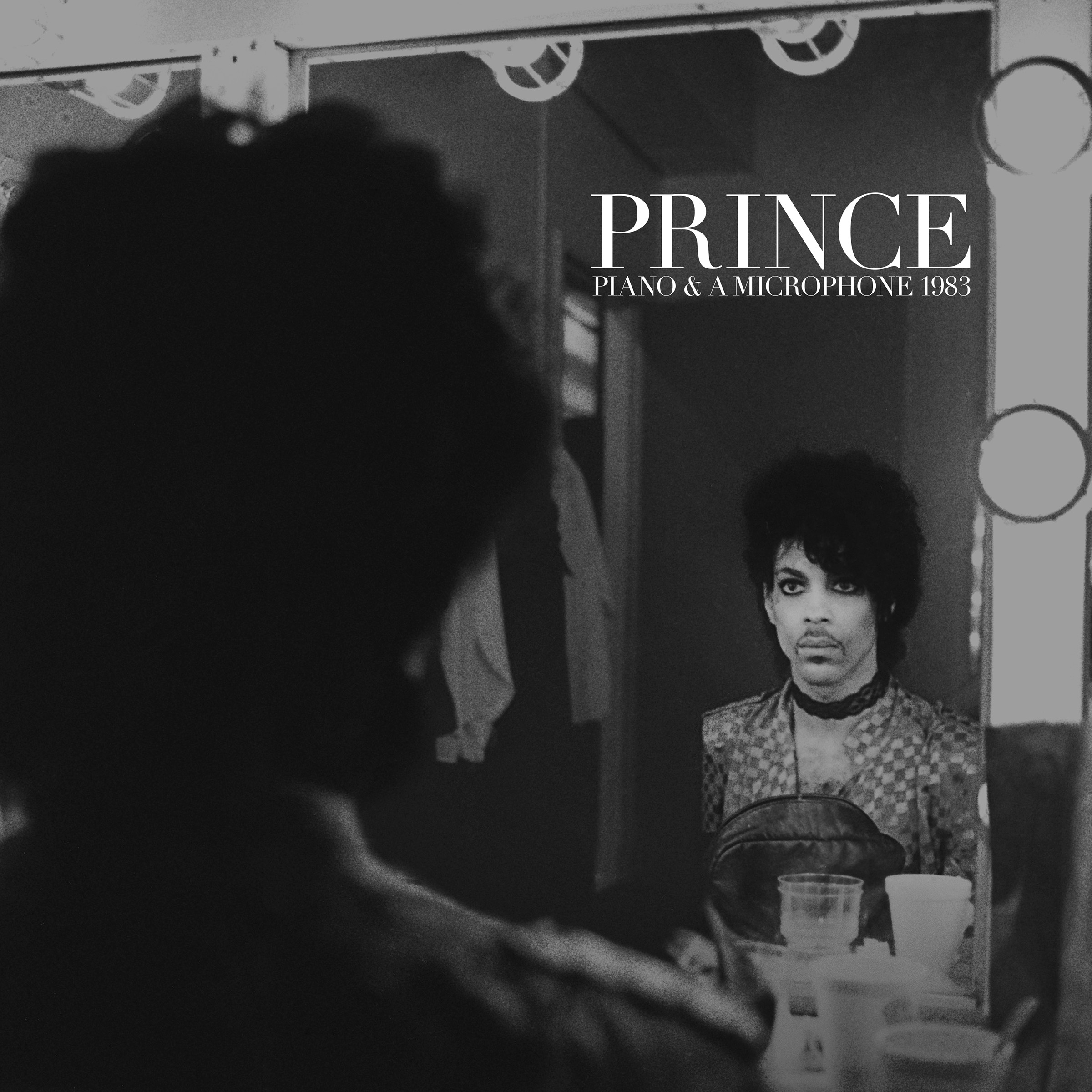
These songs take on a kind of confessional immediacy that you don’t hear much on proper Prince albums, and there’s stark emotion in abundance.
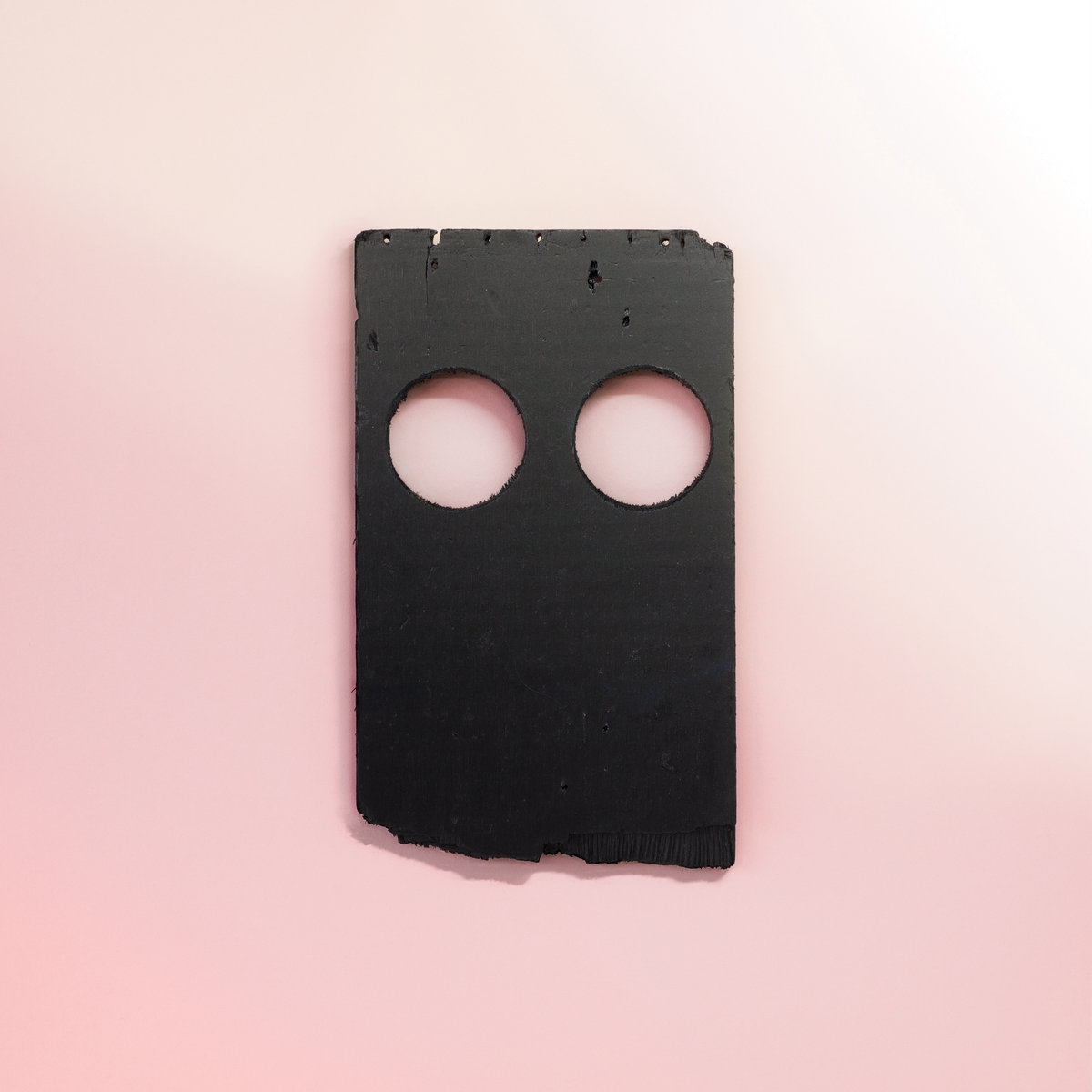
For a band that’s so steady and sure-footed, Low are uniquely gifted at conveying a sense of unraveling.
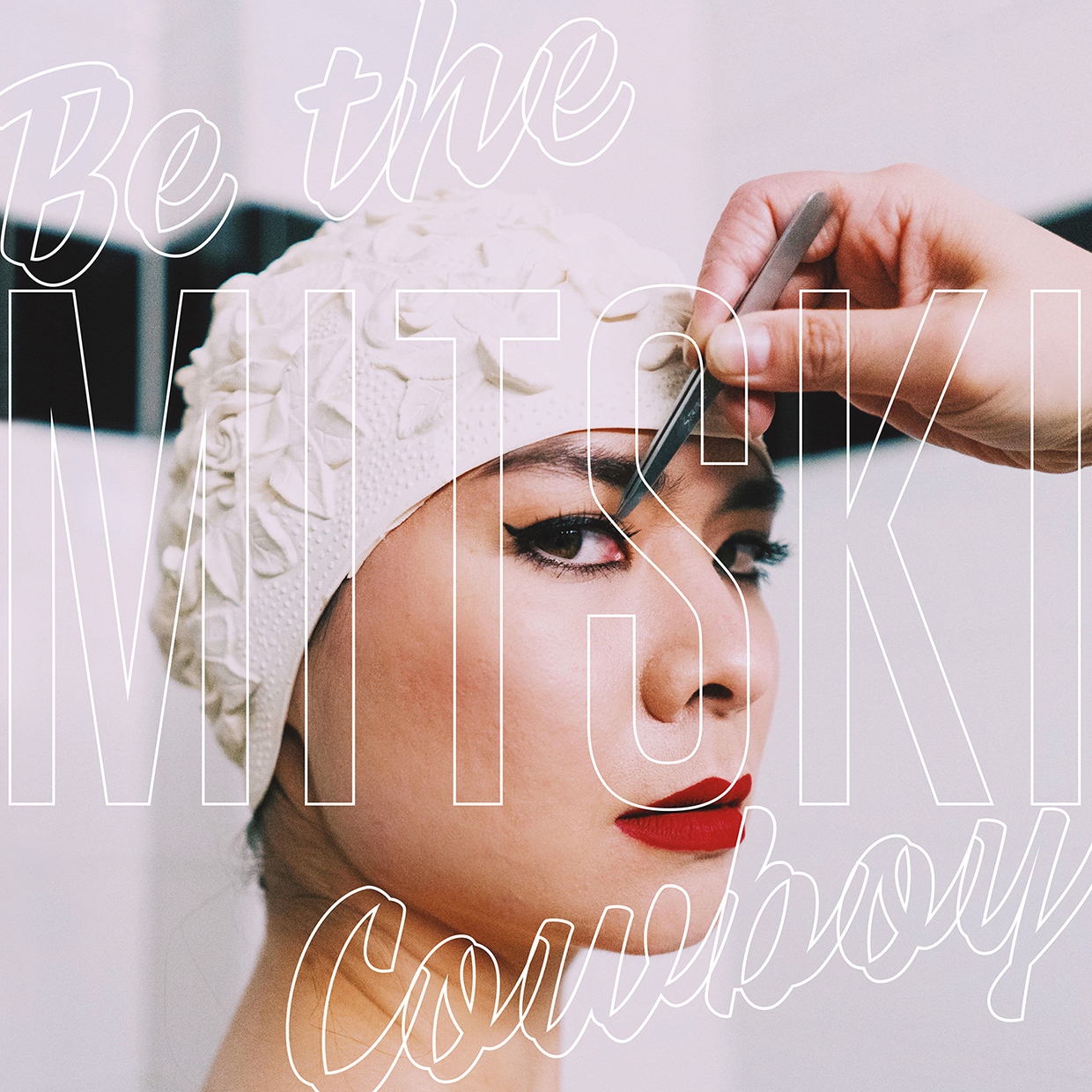
Mitski is deepening her craft and heightening her emotional availability, but never dulling her edge.
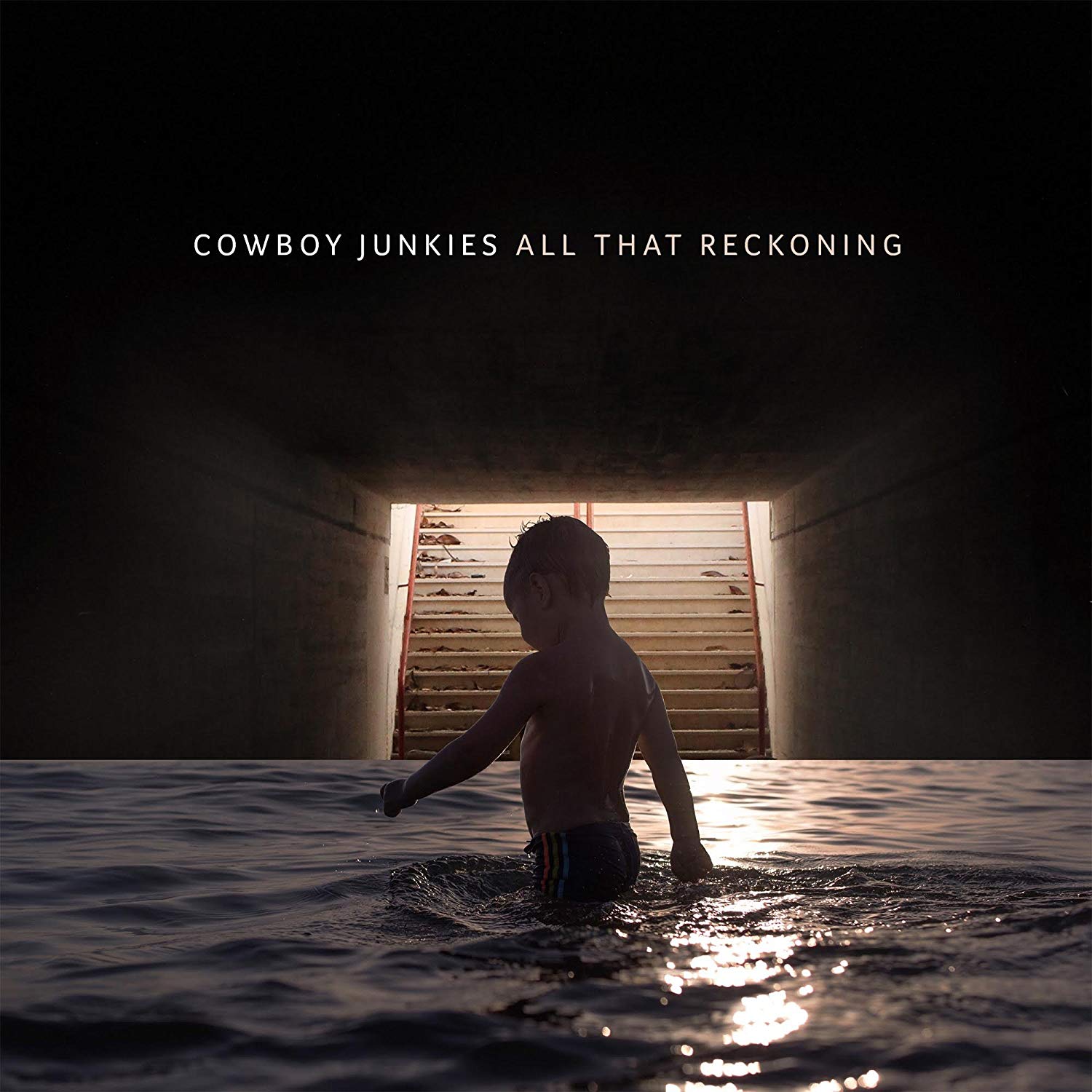
Cowboy Junkies have never reckoned with the times as vividly or as pointedly as they do here.
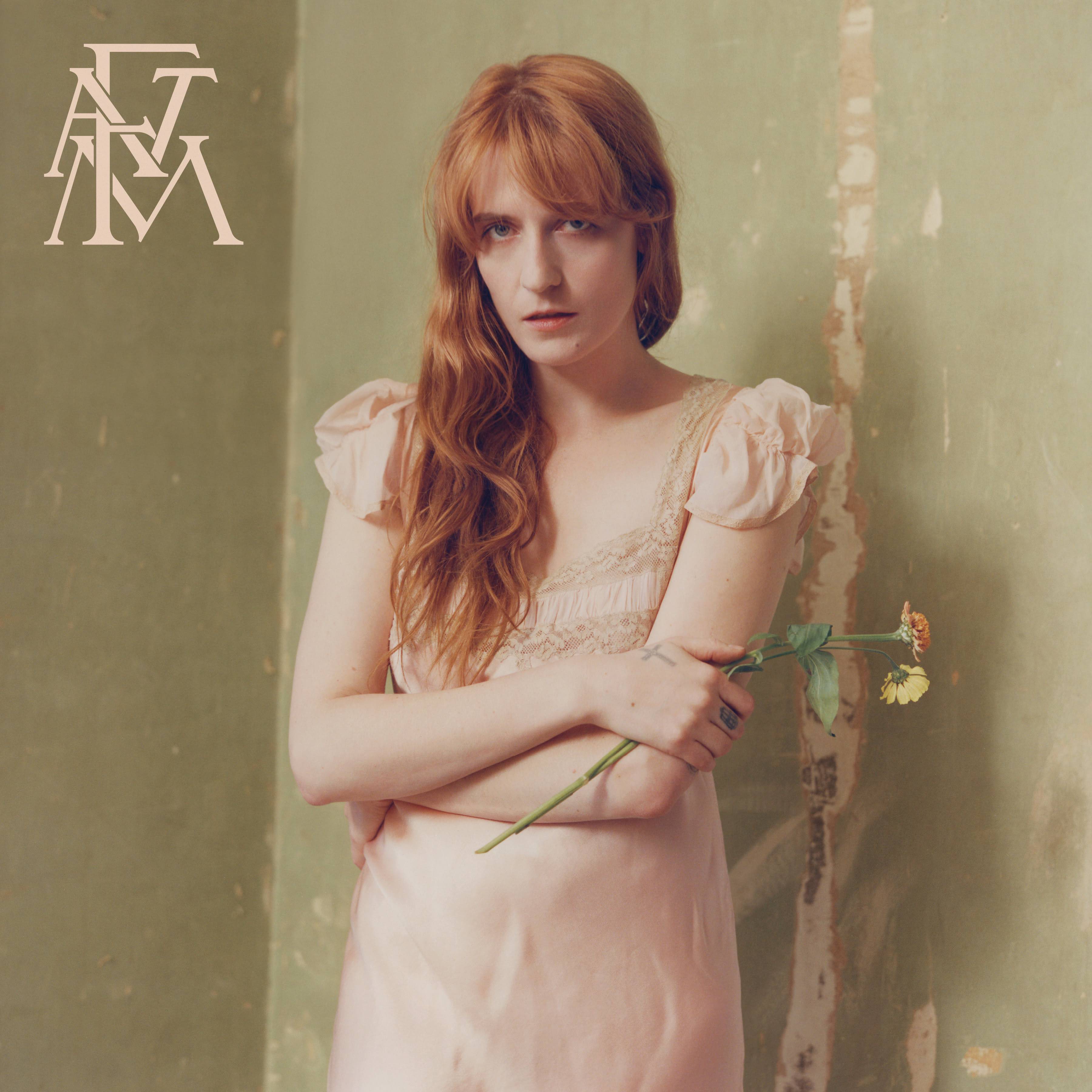
More than ever, Welch trusts her magnetic personality and her unerring gift for skyscraping pop hooks to do the emotional lifting.
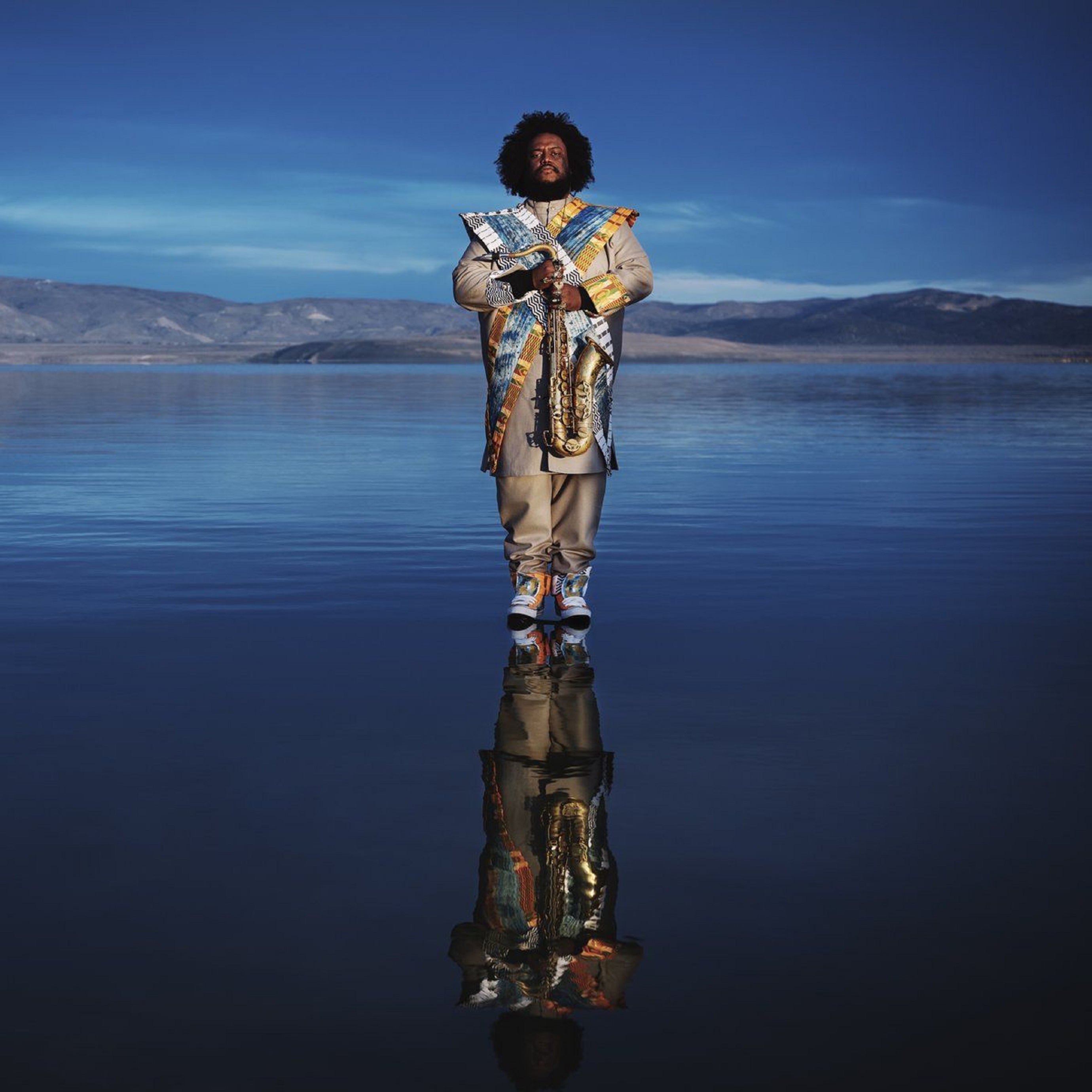
Everything’s writ large; it is music that contains multitudes, and it’s teeming with joy and power.
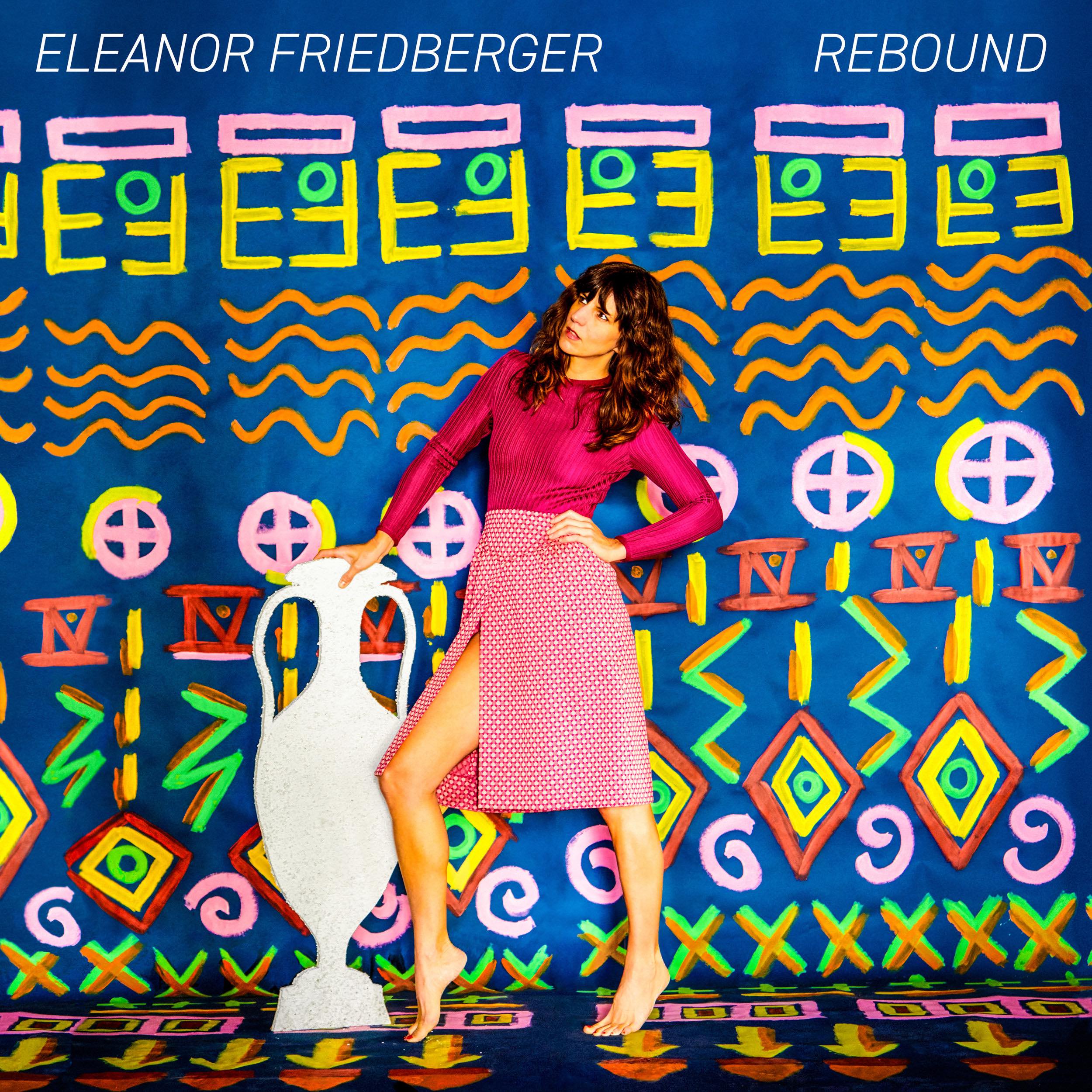
Friedberger has crafted an album of contoured melodies and steely precision.
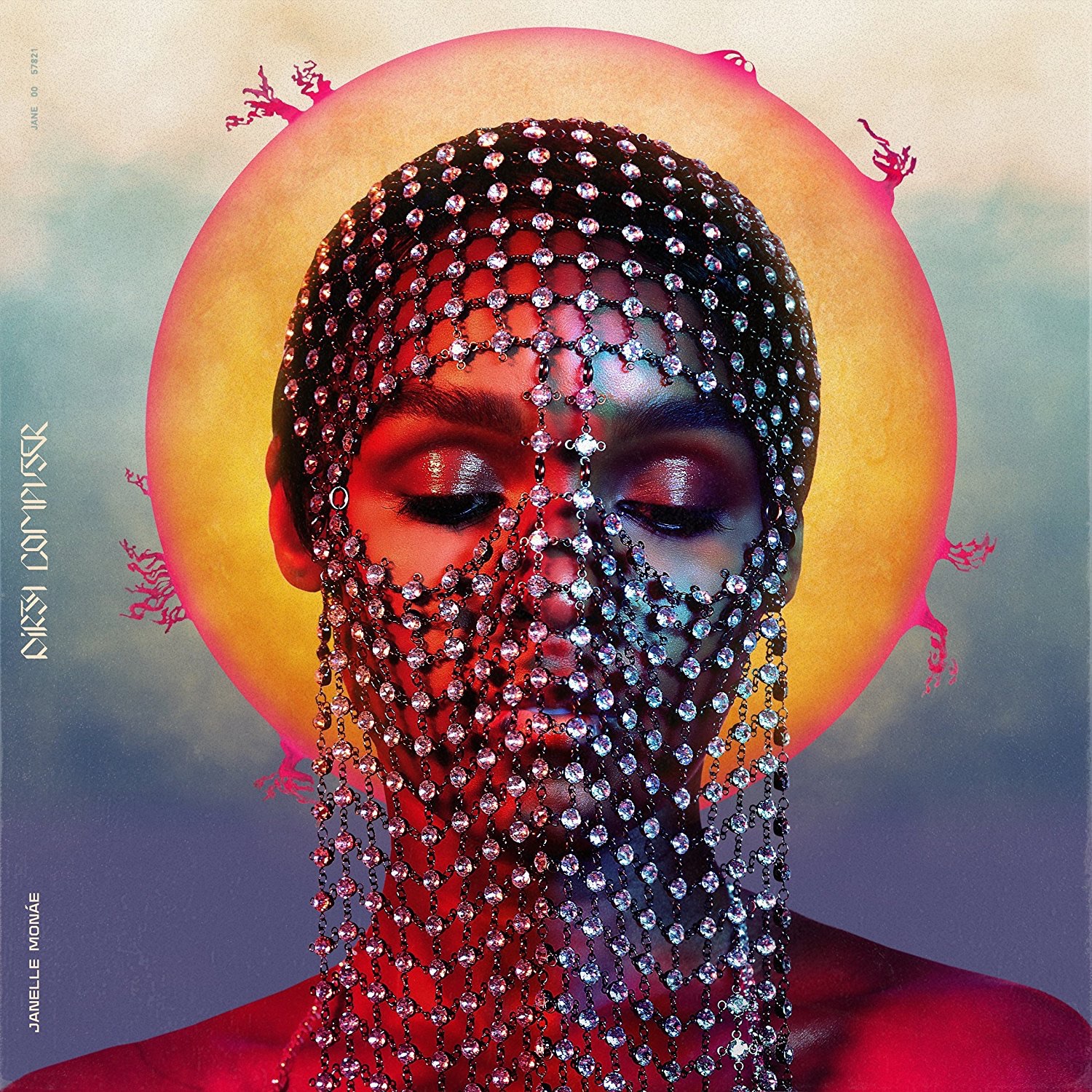
Every generation needs its own soundtrack for kicking against the pricks, and Monáe delivers one here.
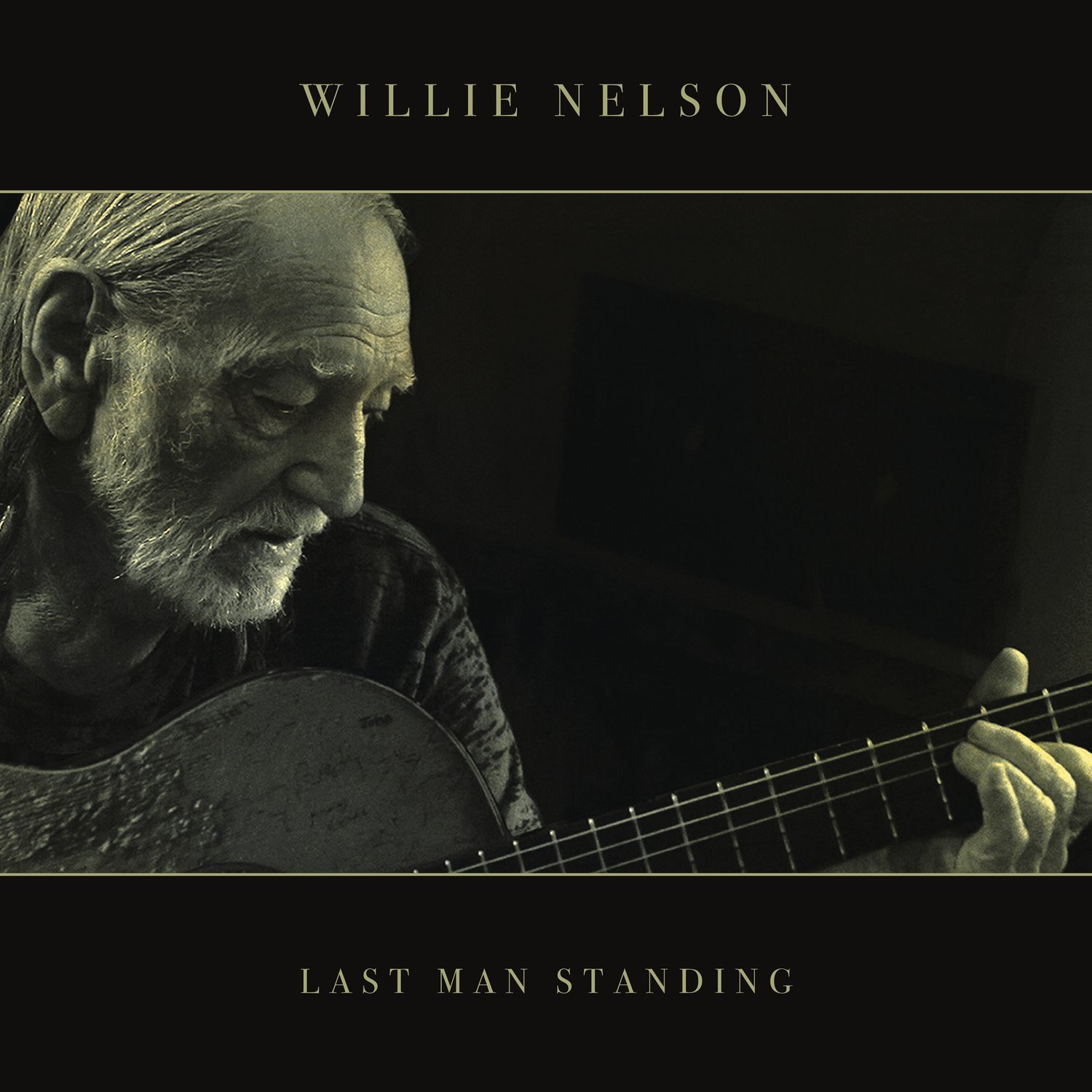
Willie’s addressing his twilight years with a light touch and an amiable chuckle.
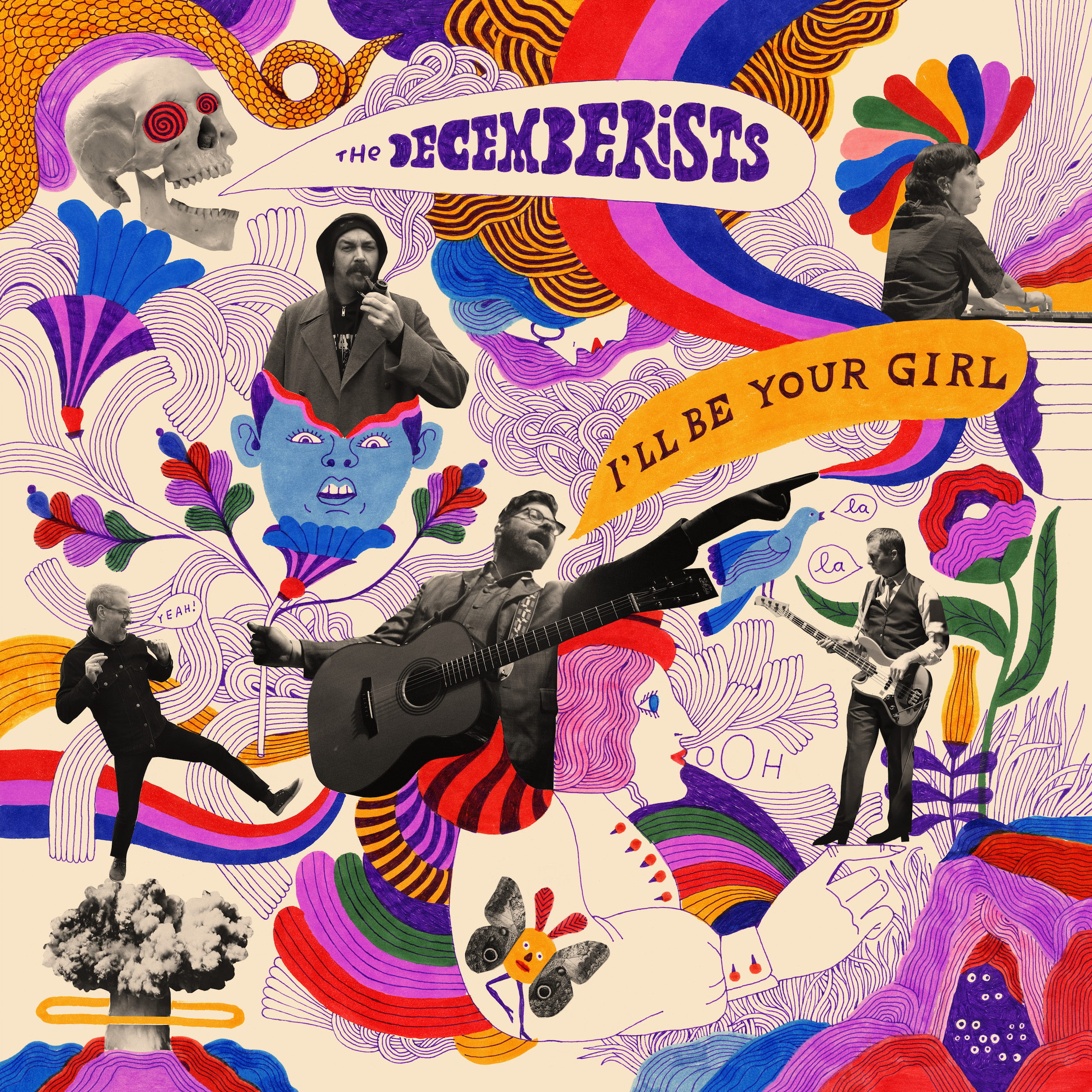
They may be the only band around who can make the New Wave sound old-timey.
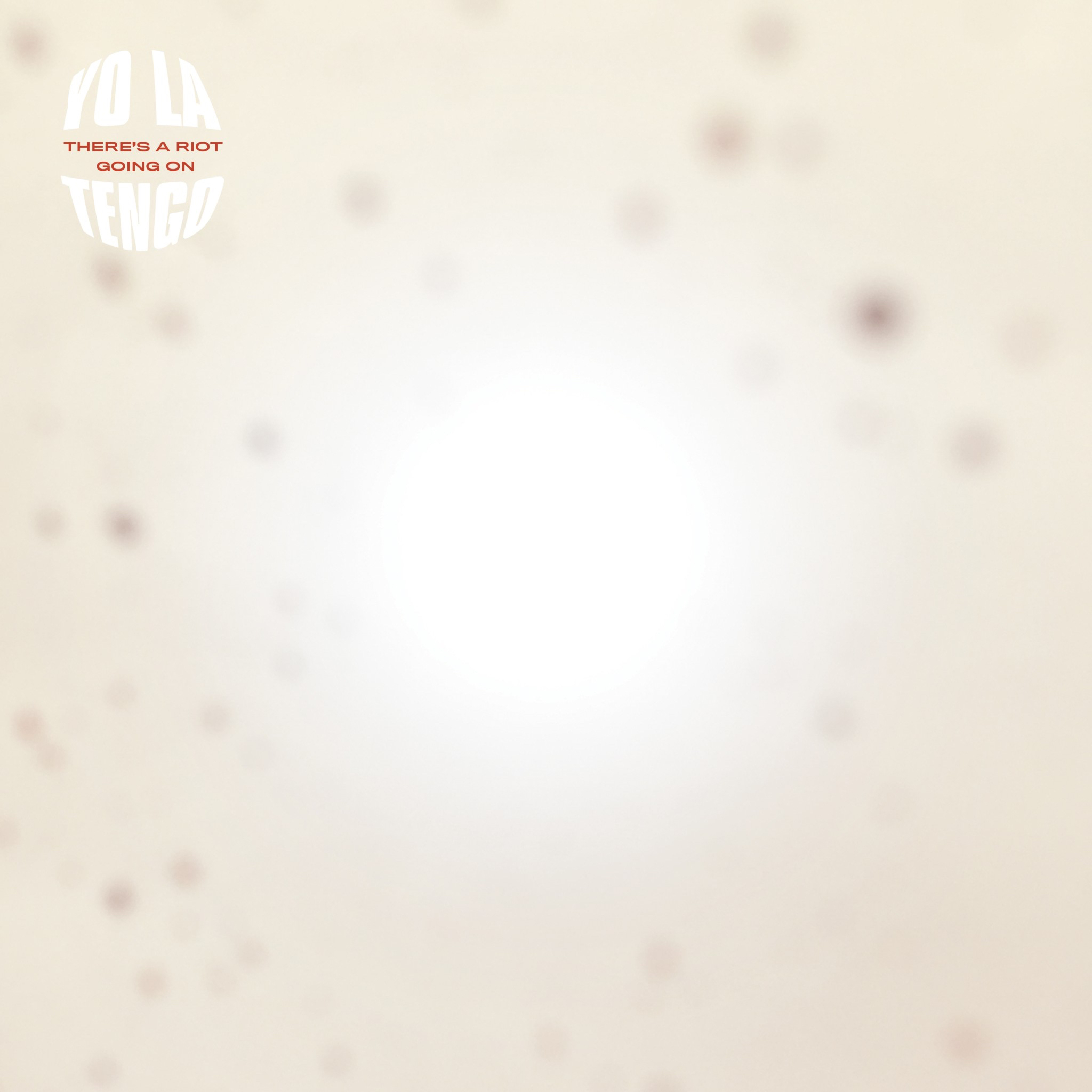
What the indie rock veterans offer is an album’s worth of palate-cleansers—songs of pastoral purity and laid-back reflection.



